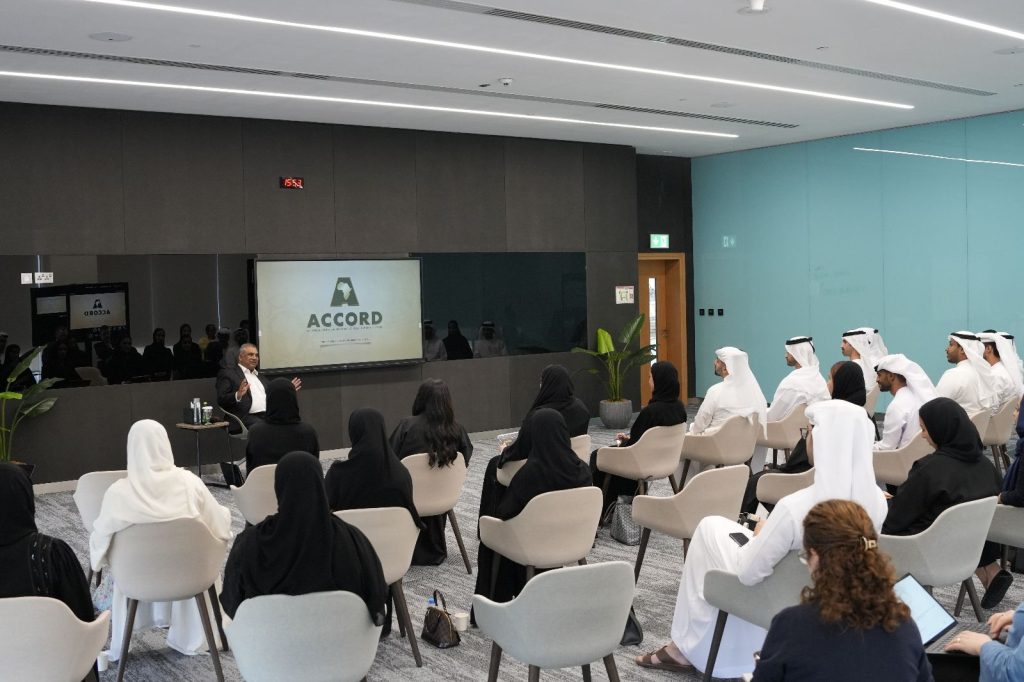In early August, TfP/ACCORD participated in an African Standby Force (ASF) Civilian Focal Points Planning Workshop aimed at reviewing progress achieved thus far on the development of the ASF civilian dimension at the continental and regional levels and to develop a joint ASF work plan for the upcoming year. This is part of a deliberate effort, supported by TfP/ACCORD and following the continental exercise – Amani Africa I in 2010 – that tested the ASF and its components, to better improve on the civilian and multidimensional aspects of the ASF during this third phase of its development.
The ultimate goal is to achieve integration of the civilian, police and military components during the next continental exercise – Amani Africa II in 2013 – and ensure a fully-established and operational, multidimensional ASF by 2015, to respond to peace and security related needs on the continent.
The Workshop was conducted from 10-11 August 2011 in Mombasa, Kenya as a collaborative effort between the African Union (AU) Peace Support Operations Division (PSOD) and the Regional Economic Communities (RECs) / Regional Mechanisms (RMs). It was attended by the AU and RECs/RMs Civilian Focal Points responsible for the further development of the Civilian Dimension of the ASF and representatives of training and policy development institutions that support the AU and RECs/RMs in this process. The aim was to continue the interaction among this core civilian group in the form of an annual planning workshop initiated by TfP/ACCORD in September 2010 in Johannesburg, South African, as part of its efforts towards ensuring a harmonised approach and process for the development of the ASF civilian dimension at the continental and regional levels.
The workshop stressed that the functions and focus of the RECs/RMs (the ASF Regional Planning Elements) towards the development of the ASF should reflect that of the AU PSOD (the ASF continental Planning Element) to ensure a smooth flow between the RECs/RMs and PSOD in terms of planning and implementation of processes for the ASF and its deployments in the future. It also helped to further strengthen the common vision held by the PSOD and the REC’s/RMs on the development of the ASF civilian dimension, and the ASF as a whole. There was a call to ensure the ASF is developed and structured against the realities on the ground by looking at current conflicts and the issues the ASF will be expected to respond to. Thus, the need for the use of the ASF before its full establishment and operationalisation by 2015 as practical and real tests to generate experience as well as the revision of the ASF base documents using current AU operations like AMISOM was highlighted.
Noting that the further development of the ASF civilian dimension is dependent on the support of AU Member States who are the key decision makers that approves and validate policies and processes to further the work of the RECs/RMs, it was emphasized that robust awareness raising initiatives should be undertaken to more clearly articulate the important roles and functions of the civilian component of the ASF. This is aimed at ensuring that AU Member States representatives understand the current multidimensional (having civilian, police and military components) and integrated (combining security, humanitarian and development processes) peace operations approaches to respond to the complex realities of nowadays protracted conflicts that require more than separating warring factions through the inter-positioning of a neutral force to achieve relative peace.
TfP/ACCORD has, and continues to support the AU PSOD in the development of relevant civilian dimension policies and processes for the ASF at the continental level, and will also ensure it supports the RECs/RMs in the implementation of these policies and processes at the regional level to further develop and consolidate the civilian dimension processes. The Programme is also committed to supporting the RECs/RMs in raising awareness for the civilian dimension processes at the Member States level to generate more understanding and support thereof.






